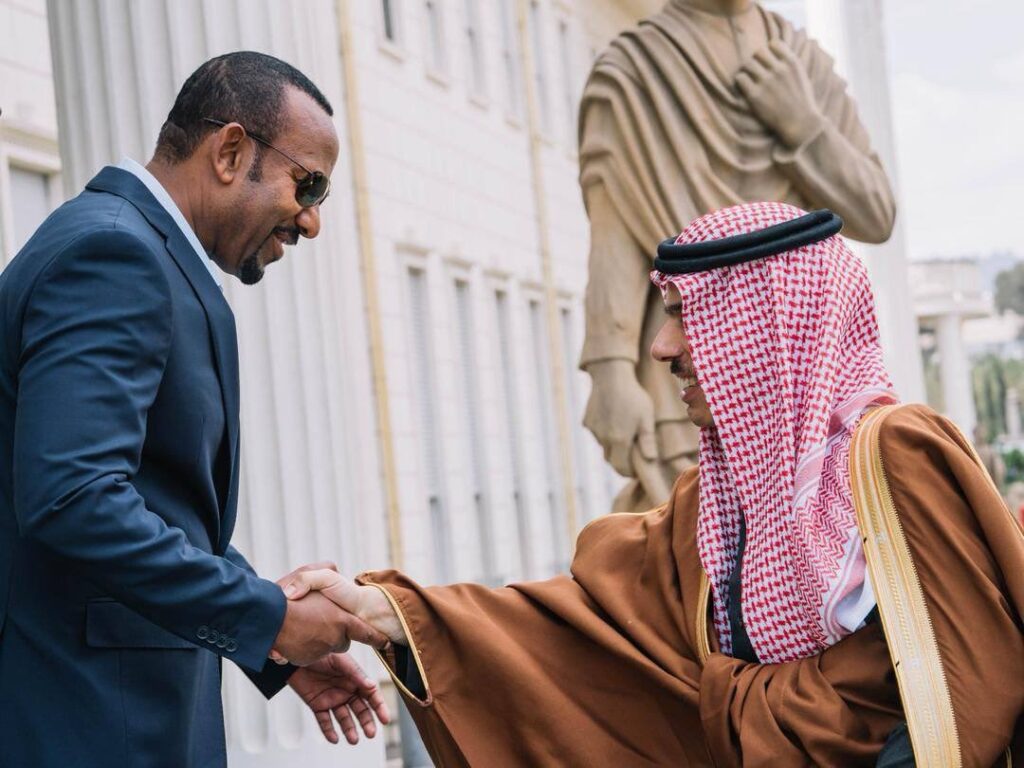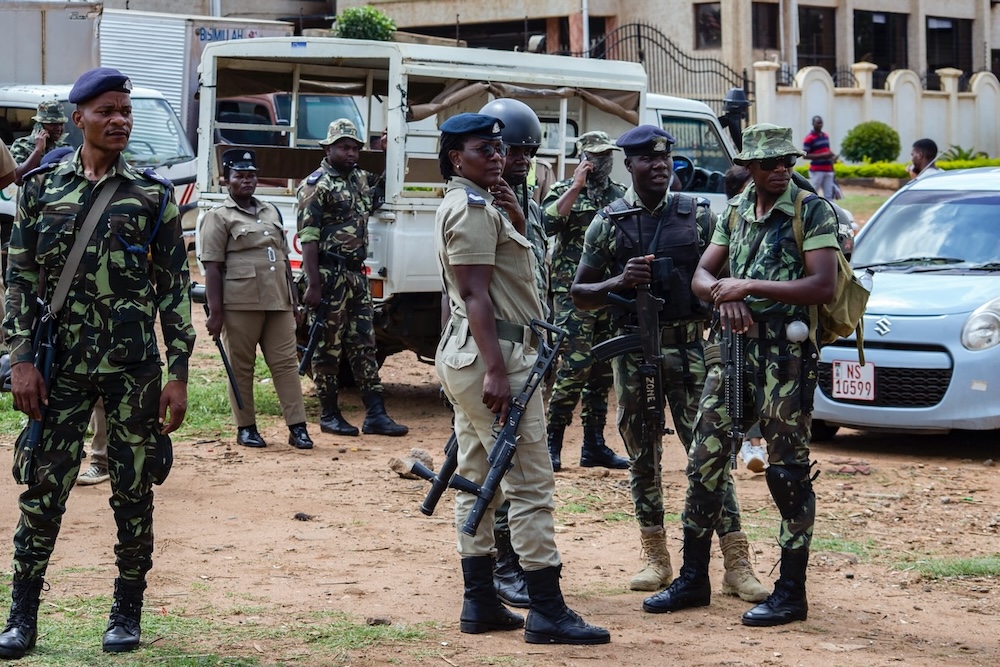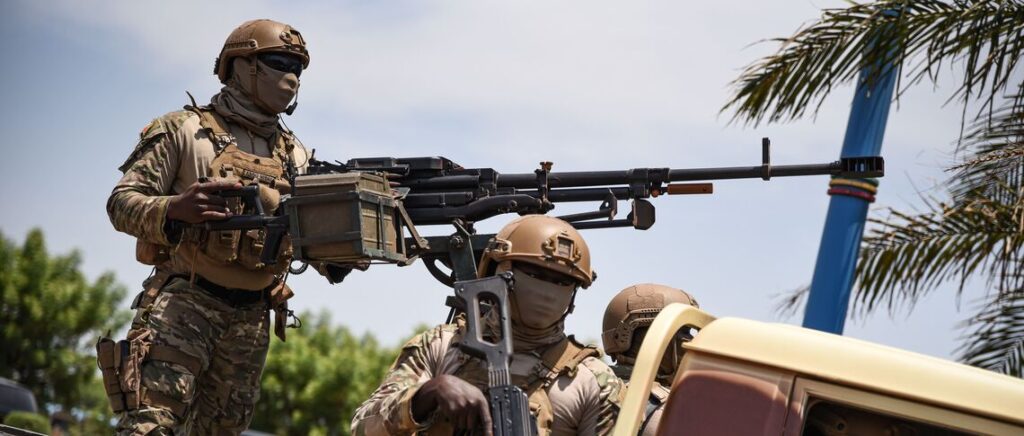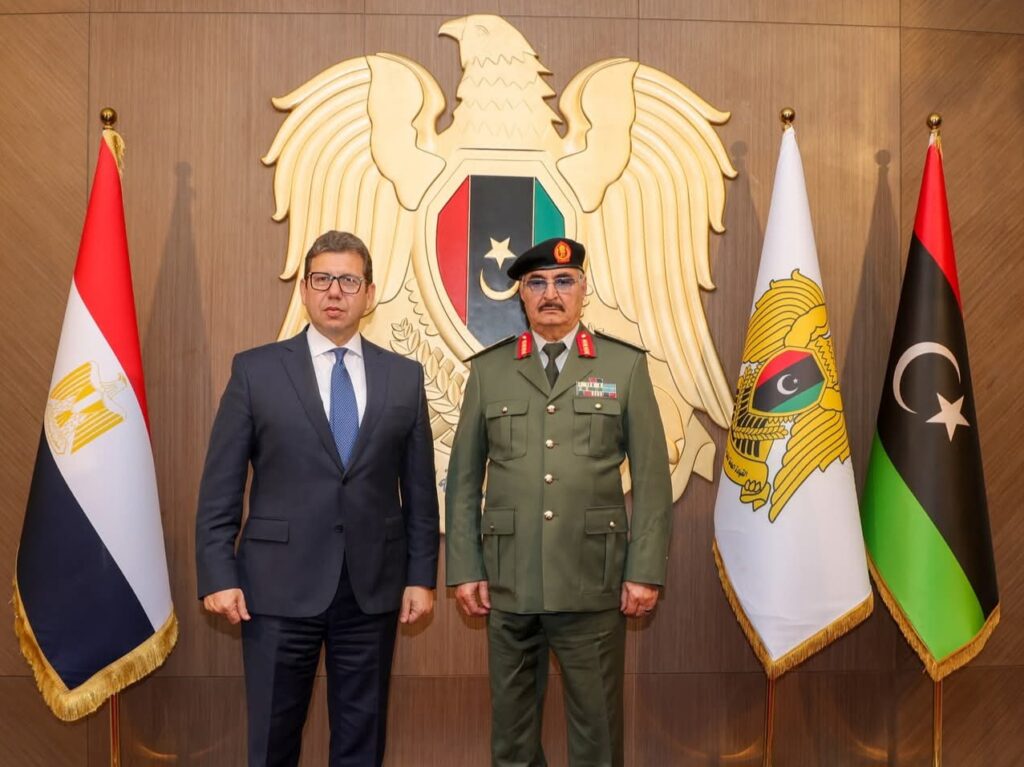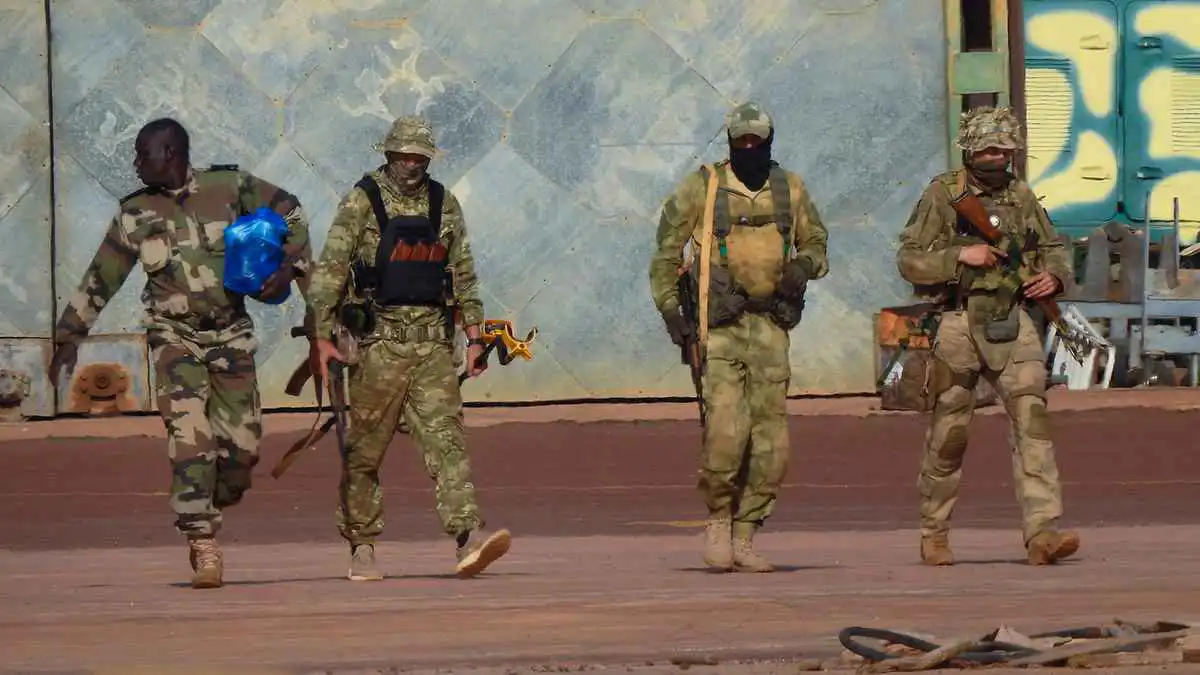
Reports from Western and local sources of friction inside Mali’s military over the conduct of Russia-linked Wagner personnel have reignited debate over whether private security companies are worsening, not easing, the Sahel’s crises.
The accounts say Wagner fighters have used army equipment without authorization and carried out missions outside the formal chain of command, angering segments of the ranks as well as the transitional authorities that took power after the coup.
A senior political source in Burkina Faso, speaking on condition of anonymity, said similar problems are emerging there, with contractors from Russian private security outfits “interfering far beyond their remit” and sowing disputes within state forces.
Malian analyst Kassim Keita warned that Wagner and other private military actors “refuse to submit to local laws,” creating conditions that feed disorder. Such tensions inside national armies, he said, can trigger military or security mutinies and escalate violence across the region.
The concerns come amid a surge in deadly attacks in the Sahel. In Mali alone, dozens of soldiers and civilians have been killed in recent weeks, and there are growing fears that the al-Qaeda-linked Jama’at Nusrat al-Islam wal-Muslimin (JNIM) could tighten a ring around the capital, Bamako.
African affairs specialist Mohamed Idris said the standoff between private security firms and national militaries reveals a deep trust deficit, despite closer ties between Russia and the Alliance of Sahel States. Cooperation agreements have multiplied, he noted, but the public airing of disputes raises questions about the trajectory of the Moscow–Sahel partnership—especially as governments struggle to make battlefield gains against insurgent groups.
“These developments will likely damage the alliance,” Idris added, pointing to rising public skepticism over the effectiveness of security cooperation with Russia.

